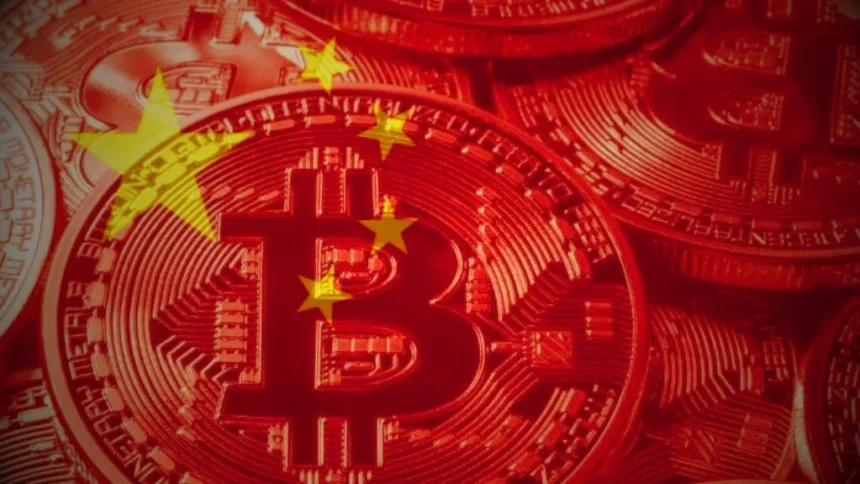There are a few early difficulties with China’s digital currency initiative. Some Chinese workers who receive payment in electronic yuan (e-CNY) reportedly do not spend their e-CNY much and instead rapidly convert it into hard currency. Despite the fact that some towns have begun using digital currency to pay state staff, this is still taking place.
For instance, Sammy Lin, a bank employee in China, prefers not to store his money in the digital yuan app as he does not receive interest. He also discovers that he can only spend the digital yuan in certain locations.
“And there’s not so many places where I can use the e-yuan, online or offline,” he continued.
Because digital currency only makes up a minor portion of his salary, civil servant Andrew Wang isn’t very concerned about it. However, since she is unable to do much else with her digital yuan salary which she receives in full his wife instantly withdraws it as cash.
She is unable to deposit funds or make purchases of financial items using the e-CNY wallet, Wang continued.
China has been largely cashless for a long time, but despite this, individuals are still reluctant to use digital yuan since there are few locations where they can use it and they are worried about being monitored.
Yi Gang, the former president of China’s central bank, claims that as of July 20, 2023, over $250 billion worth of transactions have been made utilizing digital yuan, despite these reservations.
A researcher named Ye Dongyan thinks that if the government wants more people to use digital yuan, then more needs to be done to strike a balance between security and privacy.
While digital yuan is anonymous, he claims that paper money is not, and more consideration should be given to safeguarding individuals’ personal data.
Also read: OKX Wallet Users Now Benefit from Intract Questing Platform













